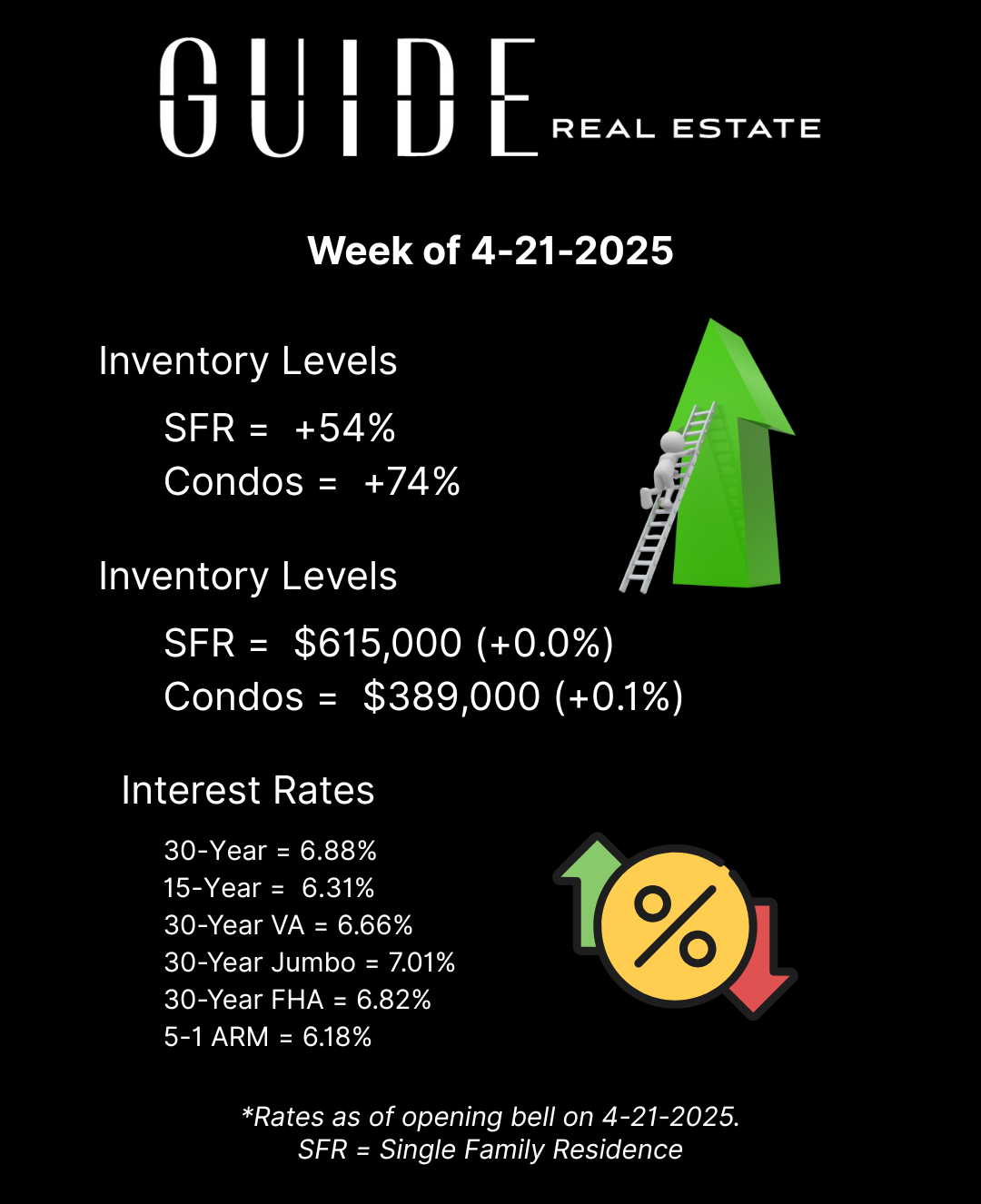What are tariffs?
Tariffs are taxes imposed by governments on goods imported from other countries. When a product crosses a national border, the importing company must pay this tax, which is typically a percentage of the product's value. For example, if there's a 25% tariff on steel, a company importing $100,000 worth of steel would need to pay $25,000 in tariffs.
The main purposes of tariffs are to protect domestic industries and generate revenue for the government. By making imported goods more expensive, tariffs can encourage consumers to buy locally produced alternatives. This can help protect jobs and industries within the country. However, tariffs often lead to higher prices for consumers, as companies usually pass on the increased costs. They can also spark trade disputes between nations, potentially leading to broader economic consequences.
Perhaps you thought it was another county paying a tax to export products to us... Not quite what the new administration has been transparent on, right?
Impact on Real Estate
Tariff increases would have significant impacts on the US real estate market, particularly in the areas of construction costs, home prices, and overall market dynamics.
Construction Costs
The implementation of tariffs on key building materials would directly increase construction costs.
Specifically:
Softwood lumber imports from Canada, which account for about 30% of US usage, would face a 25% tariff, potentially raising the rate to over 39%. Gypsum imports from Mexico, used in wallboard production, would also be subject to a 25% tariff. Steel and appliance imports from China would incur additional costs.
These increased material costs could add $3 billion to $4 billion to overall construction expenses[1]. Smaller home builders with tighter profit margins would likely be hit hardest, but larger builders would also feel the impact..
Home Prices
The rise in construction costs would likely be passed on to consumers, leading to higher home prices.
This could:
1. Exacerbate the existing affordability crisis, especially for first-time buyers.
2. Reduce the number of new homes built or increase prices for newly constructed homes.
3. Potentially drive buyers towards older, existing homes, increasing demand and prices in that market segment as well.
Market Dynamics
The broader effects of tariffs on the real estate market could include:
1. Slower housing construction: Higher material costs and reduced profit margins might make new construction projects less appealing to developers, potentially worsening existing housing shortages.
2. Economic uncertainty: Tariffs could lead to lower economic growth, potentially weakening housing demand if there is significant labor market deterioration.
3. Mortgage rates: If inflation escalates due to tariffs, interest rates could potentially increase, affecting affordability and buyer purchasing power.
4. Investment shifts: In times of economic uncertainty, real estate might become a more attractive investment option compared to stocks, potentially supporting property values.
5. Regional variations: Areas heavily reliant on imported building materials may experience more significant effects on their housing markets.
The combination of these factors could create a challenging environment for the US housing market, potentially leading to reduced affordability, slower construction, and increased market uncertainty. However, the full impact would depend on the specific implementation and duration of the tariffs, as well as any potential retaliatory measures from affected countries.

